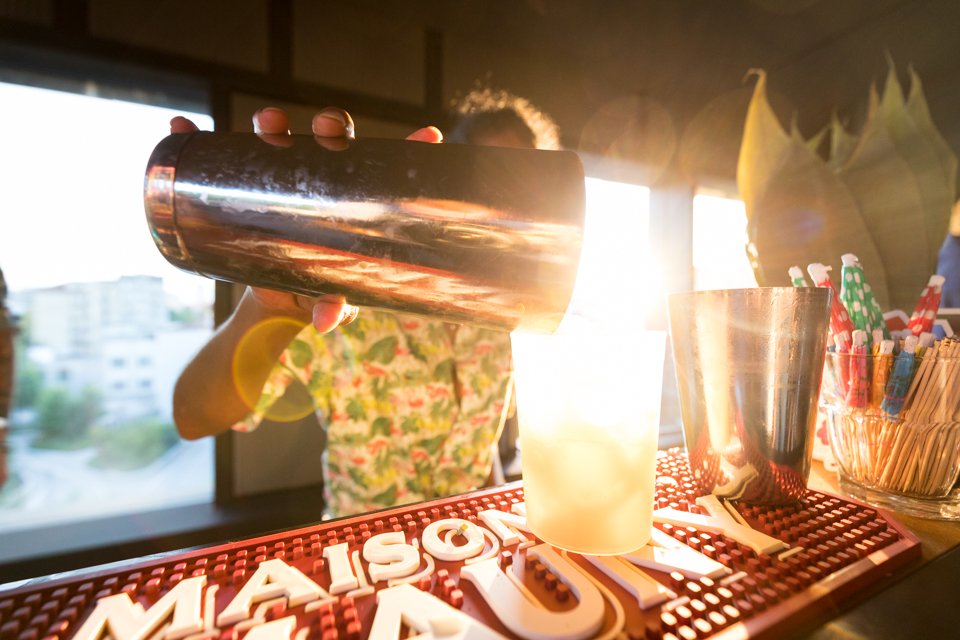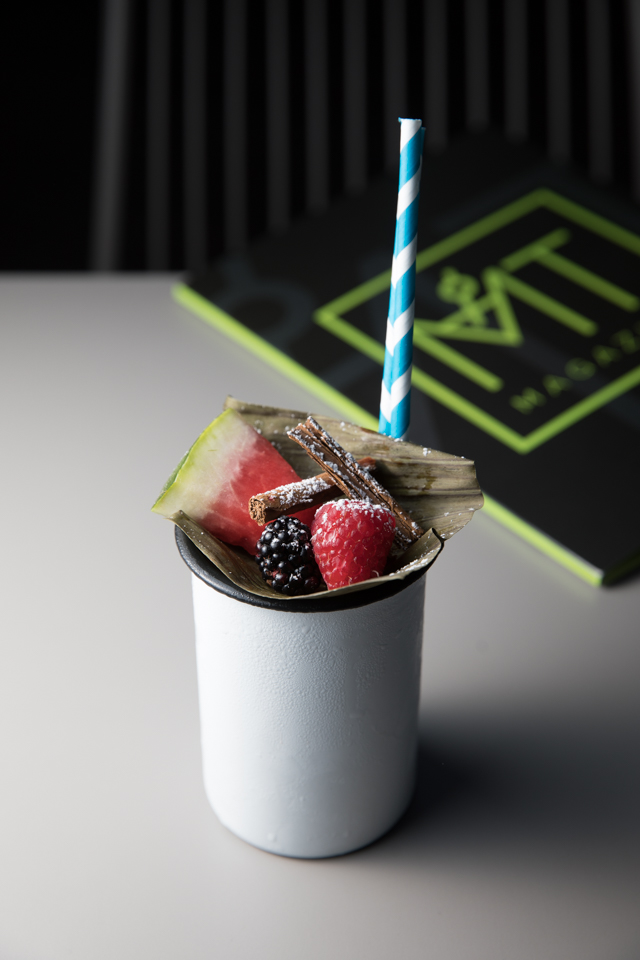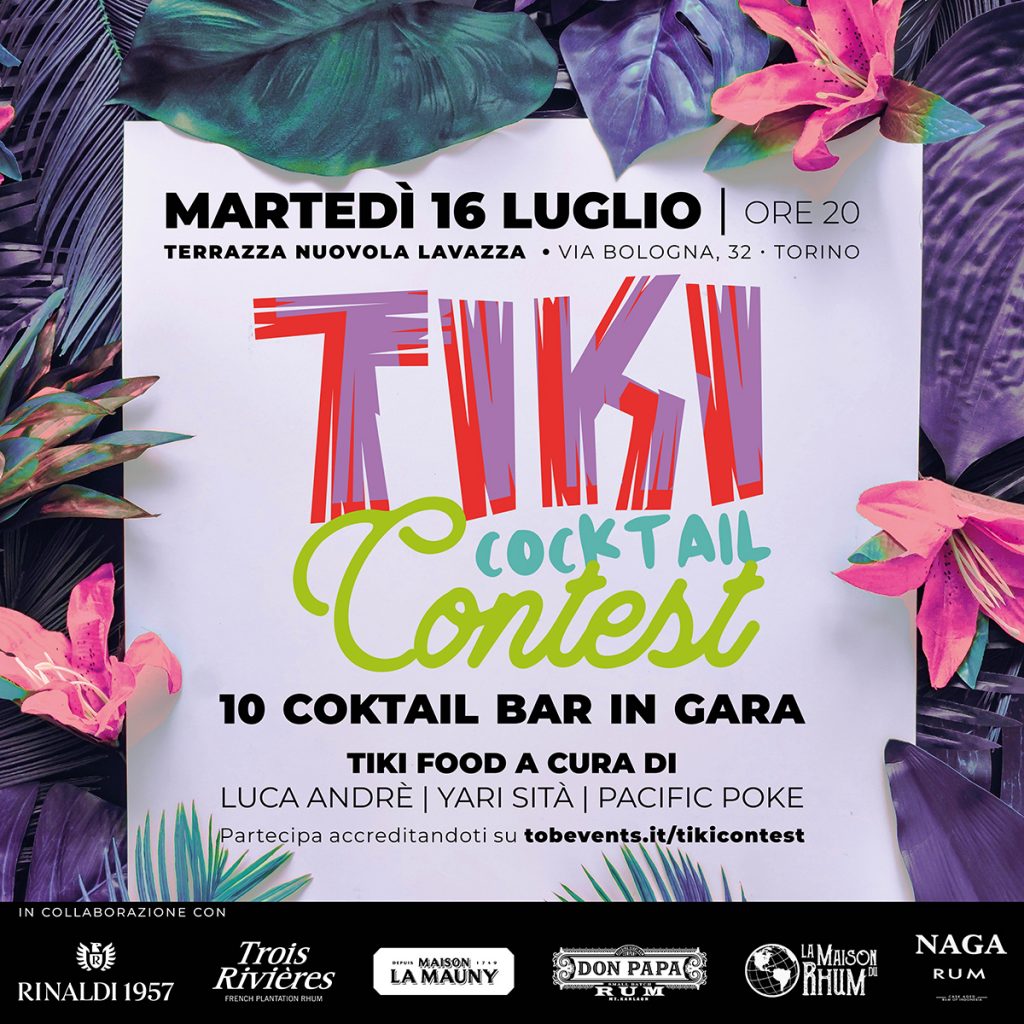[:en]Eco-sustainable mixology is reality: the revolution starts from the bartenders[:]

[:en]We can continue to mock all the Greta Thunbergs of the world, of every nationality, social background and age, but the plastic emergency is an emergency that only those who are in bad faith can deny, due to interests or voluntary blindness.
“Ignorance – as the Japanese-American writer Ruth Ozeki says – is an act of will” in these years in which the global village makes available to almost everyone the information needed to read the world, even if it often does in a distorted way, but that's another story.
What cannot be distorted are the facts, one of the most frightening of which is known as the Pacific Trash Vortex, the Plastic Island of the Pacific Ocean, a 10 km² surface of floating waste formed since the 1980s century and constantly expanding.
Now it is legitimate to ask: can the choices of the individual influence the global market? Of course not, it is useless to delude ourselves that consumers can influence the market and this has been known to professionals since the dawn of marketing. Necessity is created and from this creation consumption is generated. As long as the market does not change course, the Plastic Island will continue to grow, but this cannot generate a reduction in responsibility on the part of the individual and fortunately, at least in the bartending sector, the trend reversal is more than ever evident, especially in recent years.

Not only is the consumption of organic products clearly growing compared to the past, but the approach to plastic is quickly moving towards abandoning all disposable products (straws and glasses above all), without forgetting the ever-increasing attention to sustainability and reuse.
There are many cocktail bars which, often thanks to partnerships with the kitchen, focus their research on the fight against waste, in an attempt to create as little waste as possible in the processing of the raw material. This trend, far from being punitive, opens the doors to new possibilities: dehydration, squeezing, centrifuges are just some of the transformations that can affect the products useful for mixing, which not only combats waste but gives life to new recipes, expanding greatly increasing the bartenders' possibilities and rewarding the most imaginative ones.
Throughout Italy, the fight against waste and single-use is currently a virtuous trend that is certainly drawing attention to a global problem that has been ignored for too long.
We opened by saying that consumers cannot influence the market and, while continuing to be convinced of the validity of this statement, we also consider that even a drop of water can change the volume of the sea and that we should stand by and watch in the hope that things will change alone it is a luxury that we can no longer afford.

A strong signal came in July from Turin, where the first eco-sustainable Tiki Contest in Italy was staged thanks to To Be and MT Magazine. The sine qua non for admission to the competition was the obligation for the competing bartenders not to produce food waste and not to use disposable materials such as straws and plastic cups, as well as naturally making exclusively Tiki cocktails in homage to the the art of Polynesian mixing.
It is no coincidence that the contest took place on the Terrazza della Nuvola Lavazza, a company that in 2017 joined the Global Compact, the United Nations initiative which aims to align the international community and the business world in facing the challenges of globalisation. With its entry into the Global Compact, Lavazza has become part of a network of over 9,000 actors, from the private and non-private sector, from over 135 countries committed to the promotion and implementation of ten ethical principles divided into the categories: "respect for rights human rights”, “respect for the environment”, “fight against corruption”.
[:]
